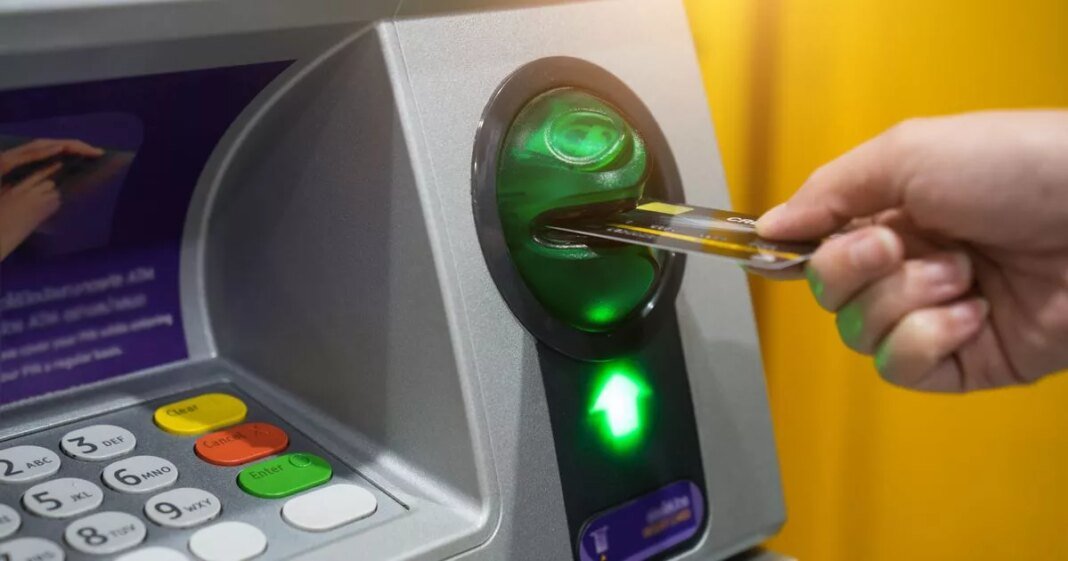Santander has decided to discontinue its widely-used bank account today, prompting customers to look for alternative cashback benefits elsewhere.
The banking giant is ending its 123 Lite current account, which was introduced in 2016 and offered 3% cashback on household bills for a monthly fee of £2. Customers were also able to earn 3% cashback on gas and electricity bills with this account.
Existing Santander 123 Lite customers will be automatically moved to the Everyday current account, which does not provide any interest on balances or cashback rewards.
According to Santander, the decision to withdraw the 123 Lite account was made after reviewing the product and simplifying their range of offerings.
Furthermore, Santander is discontinuing the 1% cashback benefit on supermarket, fuel, and travel purchases on its Santander Edge current account starting September 9, 2025. However, the account will still maintain its 1% cashback on bills.
For customers looking for cashback alternatives, Chase, a digital bank from JP Morgan, offers 1% cashback on groceries, travel, and fuel purchases up to a maximum of £15 per month.
Nationwide’s FlexDirect account provides 1% monthly cashback, capped at £5 a month, on debit card spending, along with 5% interest on balances up to £1,500, potentially earning customers up to £75 annually if the maximum balance is maintained.
Additionally, Zopa Bank’s new current account offers 2% cashback on bill direct debits up to £1,500 annually, and also provides 2% interest on cash balances with no earning limit, fixed for the first 12 months.
In other news, Santander has introduced a new feature in its banking app, OneApp, aimed at protecting customers from scammers. The update includes technology that automatically blurs the user’s mobile screen when screen sharing is detected, preventing unauthorized access and potential data breaches.
Scammers have been known to exploit screen sharing software like AnyDesk or Teamviewer to gain access to personal information, including mobile banking credentials, through remote access to mobile screens.

